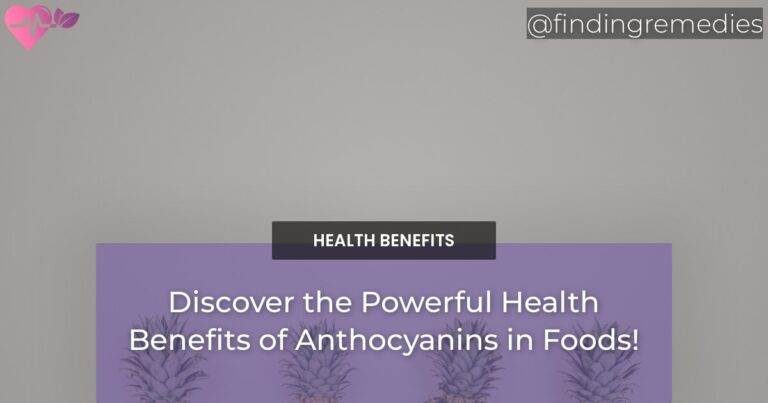Health Benefits of Isoflavones
What are Isoflavones?
Isoflavones are a type of phytoestrogen, which are plant compounds that mimic the effects of estrogen in the body. Specifically, isoflavones are a type of flavonoid that are found in legumes, with soybeans being the richest dietary source. There are three main types of isoflavones: genistein, daidzein, and glycitein.Types of Isoflavones
Genistein is the most well-known isoflavone and is found in soybeans, red clover, and chickpeas. Daidzein is also found in soybeans, as well as in lentils, peas, and chickpeas. Glycitein is the least studied of the three and is found in soybeans and chickpeas.Dietary Sources of Isoflavones
Isoflavones are primarily found in legumes, with soybeans being the richest source. Other dietary sources include chickpeas, lentils, peas, and red clover.Health Benefits of Isoflavones
ALSO READ
Isoflavones and Bone Health
Isoflavones have been found to have a positive effect on bone health. Studies have shown that isoflavones can increase bone mineral density in postmenopausal women, which may help to prevent osteoporosis.Isoflavones and Cardiovascular Health
Isoflavones have been shown to have a positive effect on cardiovascular health. Studies have found that isoflavones can help to lower cholesterol levels, improve blood pressure, and reduce inflammation, all of which are important factors in maintaining cardiovascular health.ALSO READ
Isoflavones and Menopausal Health
Isoflavones have been found to be effective in reducing menopausal symptoms, such as hot flashes and night sweats. This is likely due to their estrogen-like effects in the body.Isoflavones and Breast Health
There is evidence to suggest that isoflavones may have a protective effect against breast cancer. Studies have found that women who consume high amounts of soy products, which are rich in isoflavones, have a lower risk of developing breast cancer.Isoflavones and Cancer Prevention
Isoflavones have been found to have anti-cancer properties. Studies have shown that isoflavones can inhibit the growth of cancer cells, particularly in breast and prostate cancer.Safety and Risk Factors of Isoflavones
Bioavailability of Isoflavones
The bioavailability of isoflavones varies depending on the food source and processing method. For example, isoflavones in soy milk are more bioavailable than those in tofu.Adverse Effects of Isoflavones
While isoflavones are generally safe, there have been some concerns about their potential effects on hormone-sensitive cancers. However, a review of the research suggests that isoflavones do not increase the risk of breast cancer and may even have a protective effect.What are the Health Benefits of Isoflavones Compared to Quercetin?
Isoflavones and quercetin offer amazing health benefits. Isoflavones, found in soy products, promote heart health and may reduce the risk of certain cancers. Meanwhile, the amazing health benefits of quercetin include its antioxidant and anti-inflammatory properties, which may help lower blood pressure and improve overall cardiovascular health.

